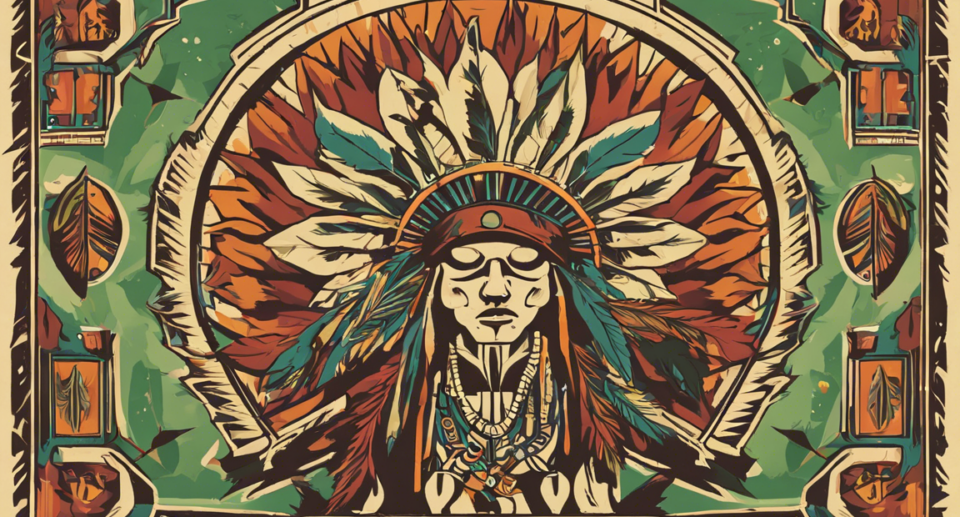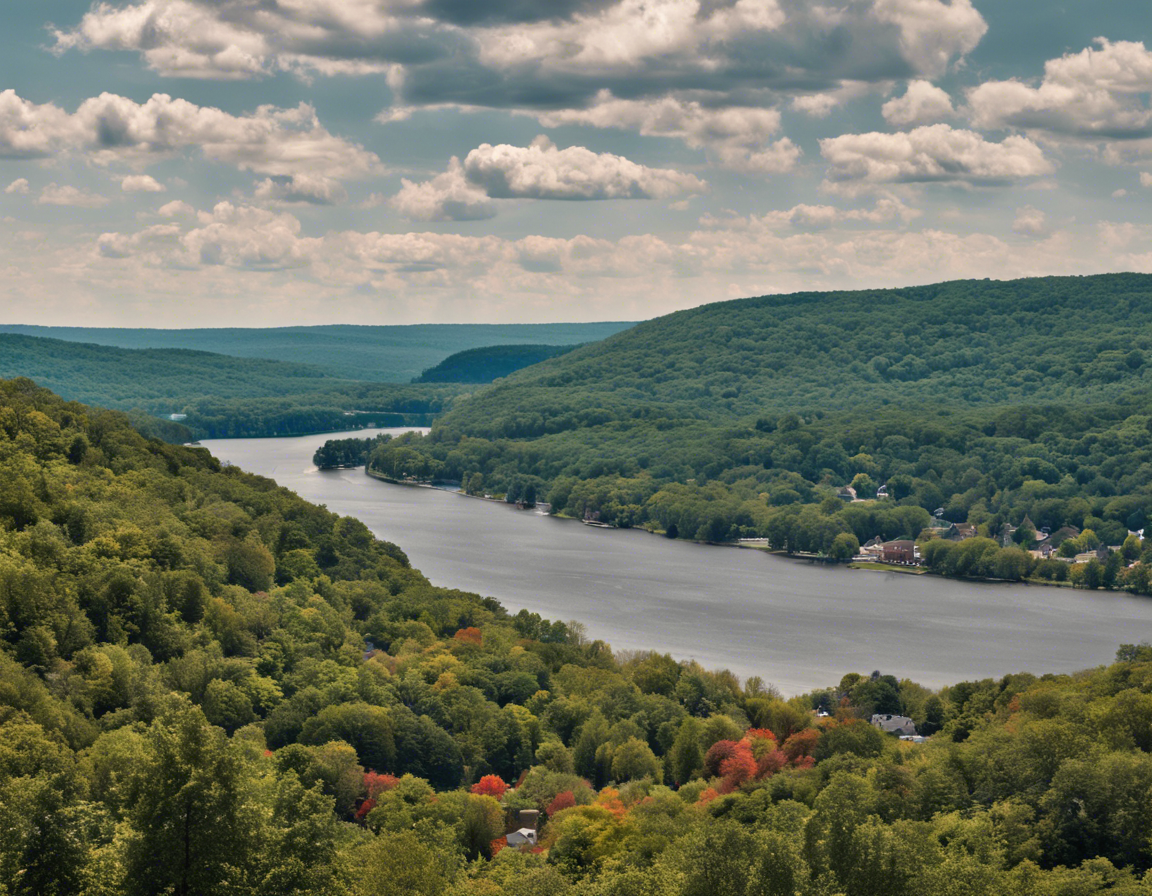The Rise of Native Nations Dispensary: Empowering Indigenous Communities

As the cannabis industry continues to expand and evolve, a growing number of Native American tribes are entering the market through the establishment of their own dispensaries. These Native Nations dispensaries are not only generating revenue and economic opportunities for indigenous communities but are also providing a platform for cultural preservation, community empowerment, and sovereignty. This article explores the rise of Native Nations dispensaries, their significance for indigenous communities, and the challenges and opportunities they face in this burgeoning industry.
The Historical Context of Native Nations Dispensaries
Native American communities have a long and complex history with cannabis. Traditional uses of cannabis for medicinal, spiritual, and ceremonial purposes date back centuries in indigenous cultures. However, colonization and the imposition of federal laws criminalizing cannabis have disproportionately impacted Native communities, leading to displacement, cultural suppression, and economic hardships.
In recent years, the legalization of cannabis in various states has provided tribes with the opportunity to reclaim their cultural practices and economic autonomy. The 2014 Farm Bill included a provision allowing Native American tribes to grow and sell industrial hemp on their lands. This laid the groundwork for tribes to enter the cannabis industry and establish their own dispensaries.
The Importance of Native Nations Dispensaries
1. Economic Empowerment
Native Nations dispensaries play a crucial role in economic development within indigenous communities. By creating jobs, generating revenue, and attracting customers, these dispensaries contribute to financial independence and sustainable growth. The profits generated from these businesses can be reinvested into various community projects, such as education, healthcare, infrastructure, and cultural initiatives.
2. Cultural Preservation
In addition to economic benefits, Native Nations dispensaries serve as cultural hubs that promote indigenous traditions and heritage. Many of these dispensaries prioritize sourcing products from Native American growers and artisans, offering customers a unique and authentic experience. By incorporating traditional practices and knowledge into their operations, these dispensaries help preserve and celebrate indigenous cultures.
3. Sovereignty and Self-Determination
Operating a dispensary allows Native American tribes to assert their sovereignty and self-determination over the regulation and sale of cannabis on their lands. This autonomy enables tribes to develop tailored policies and regulations that align with their values and priorities, ensuring that the benefits of the cannabis industry are equitably distributed within their communities.
Challenges and Opportunities
While Native Nations dispensaries offer numerous benefits, they also face unique challenges and opportunities in the cannabis industry. Some of the key factors to consider include:
1. Regulatory Framework
Navigating the complex regulatory landscape governing cannabis at the federal, state, and tribal levels can be daunting for Native Nations dispensaries. Ensuring compliance with applicable laws while also upholding tribal sovereignty requires careful planning and ongoing monitoring of legislative developments.
2. Access to Banking and Financial Services
Many Native Nations dispensaries encounter challenges in accessing banking and financial services due to federal regulations that impose restrictions on cannabis-related businesses. Developing creative solutions and partnerships with financial institutions is essential to overcome these obstacles and ensure the sustainability of operations.
3. Community Engagement and Support
Building trust and collaboration with community members and stakeholders is vital for the success of Native Nations dispensaries. Engaging in transparent communication, cultural sensitivity, and social responsibility initiatives can help cultivate strong relationships and loyalty within the community.
4. Market Competition
As the cannabis industry becomes increasingly competitive, Native Nations dispensaries must distinguish themselves through unique offerings, quality products, and innovative marketing strategies. Leveraging traditional knowledge and cultural authenticity can give these dispensaries a competitive edge in the market.
5. Sustainable Practices
Embracing sustainable and environmentally friendly practices is essential for Native Nations dispensaries to minimize their ecological footprint and promote stewardship of the land. Implementing green initiatives, such as energy efficiency, waste reduction, and organic farming, can not only benefit the environment but also resonate with conscious consumers.
FAQs about Native Nations Dispensaries
1. Can any Native American tribe open a dispensary?
While federal laws regulate cannabis activities on tribal lands, individual tribes have the authority to determine their policies regarding cannabis cultivation and sales. Tribal sovereignty plays a crucial role in governing whether a tribe can establish a dispensary.
2. How do Native Nations dispensaries contribute to tribal economies?
Native Nations dispensaries create jobs, generate revenue, and stimulate local economies through consumer spending and tax contributions. The profits generated by these dispensaries can support various community initiatives and economic development projects.
3. What role does cannabis play in indigenous cultures?
Cannabis has historically been used by indigenous communities for medicinal, ceremonial, and ritualistic purposes. Its cultural significance varies among tribes, but many view cannabis as a sacred plant with healing properties that connect individuals to the spiritual realm.
4. How do Native Nations dispensaries prioritize indigenous products?
Many Native Nations dispensaries partner with Native American growers and artisans to source locally produced products that reflect indigenous traditions and heritage. This commitment to authenticity and cultural preservation distinguishes these dispensaries in the market.
5. What are the future prospects for Native Nations dispensaries?
The expansion of the cannabis industry and increased recognition of tribal sovereignty offer promising opportunities for Native Nations dispensaries to grow and thrive. By navigating regulatory challenges, fostering community partnerships, and innovating in their offerings, these dispensaries can position themselves as leaders in the market.
In conclusion, Native Nations dispensaries hold immense potential to empower and celebrate indigenous communities through economic development, cultural preservation, and sovereignty. By embracing innovation, sustainability, and community engagement, these dispensaries can shape the future of the cannabis industry while honoring their ancestral traditions.





